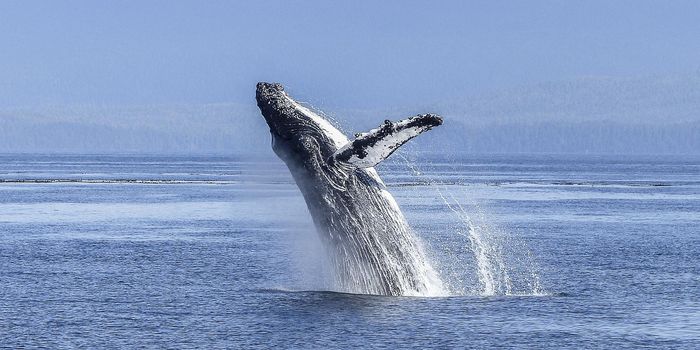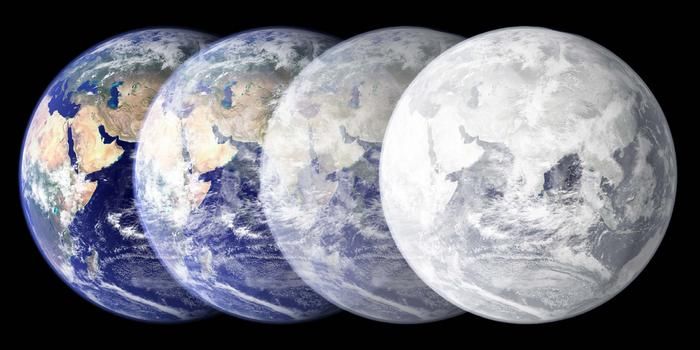A plan to save the oceans
Okay, here’s the plan, listen up:
Conserve a minimum of 26% of our oceans in order to maintain marine biodiversity.
Easy…right?
That goal has been put forth as a result of research led by the University of Queensland along with international collaborators. That number, 26%, comes from a whole bunch of fancy math that researchers did after mapping over 22,000 marine species habitats.
One of the researchers behind that math, Dr. Kendall Jones, said the urgency of this goal is, well, urgent. "Preserving a portion of habitat for all marine species would require 8.5 million square kilometers of new conservation areas. Currently one-third of all marine species have less than 10% of their range covered by protected areas. Conserving the areas that we've identified in our study would give all marine species a reasonable amount of space to live free from human impacts like fishing, commercial shipping or pesticide runoff."
The team identified particular regions that are most important for conservation, naming the Northern Pacific Ocean near China and Japan, and the Atlantic between West Africa and the Americas. Additionally, they
So how are we going to get this done?
"The world's nations will be coming together in China this year to sign an agreement that will guide global conservation for the next ten years," said Professor James Watson, Director of Science at the Wildlife Conservation Society and UQ scientist. "This science shows that governments must act boldly, as they did for the Paris Agreement on climate change if we are to stop the extinction crisis facing many marine species."
That being said (and not to mention the shortcomings of the Paris Agreement), this won’t be a one-size-fits-all sort of resolution.
"This isn't just about strict marine protected areas," admitted Professor Watson. "We need to use a broad range of strategies such as no-fishing zones, community marine reserves and broad-scale policies to put an end to illegal and unsustainable commercial fishing operations."
But despite the ambitious goal, the researchers hope that their findings will animate, not intimidate people. "Millions of people around the world depend on marine biodiversity as a crucial source of food and income," Professor Watson said. "A well-designed global conservation agreement will help preserve these livelihoods into the future." You can be a part of that future.
Sources: One Earth, Science Daily








